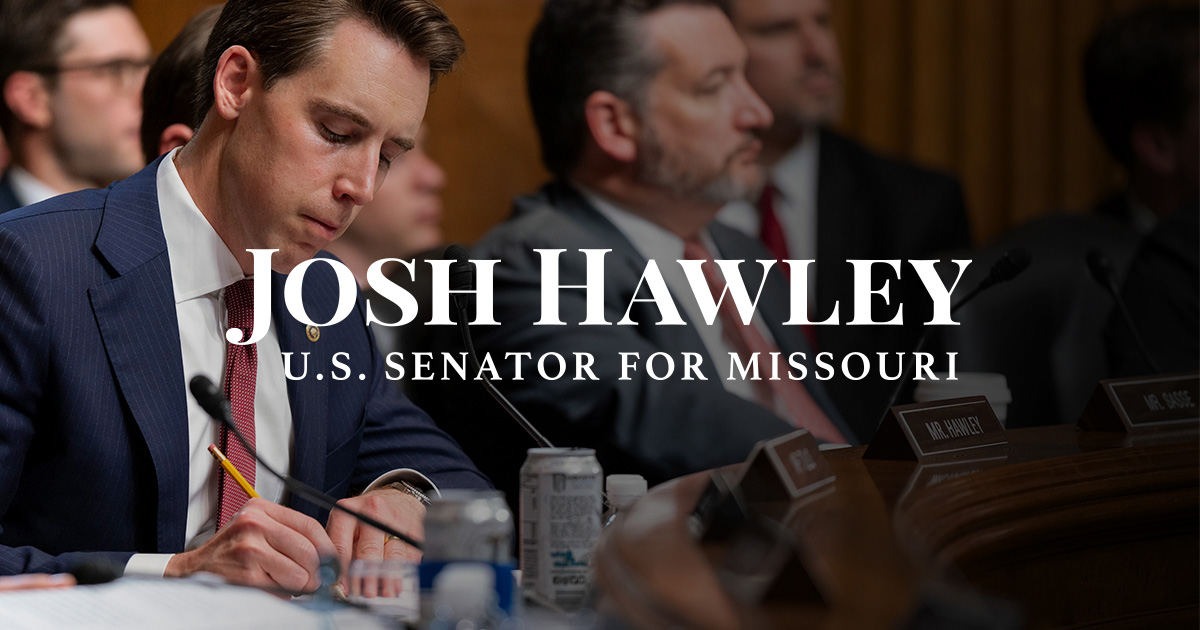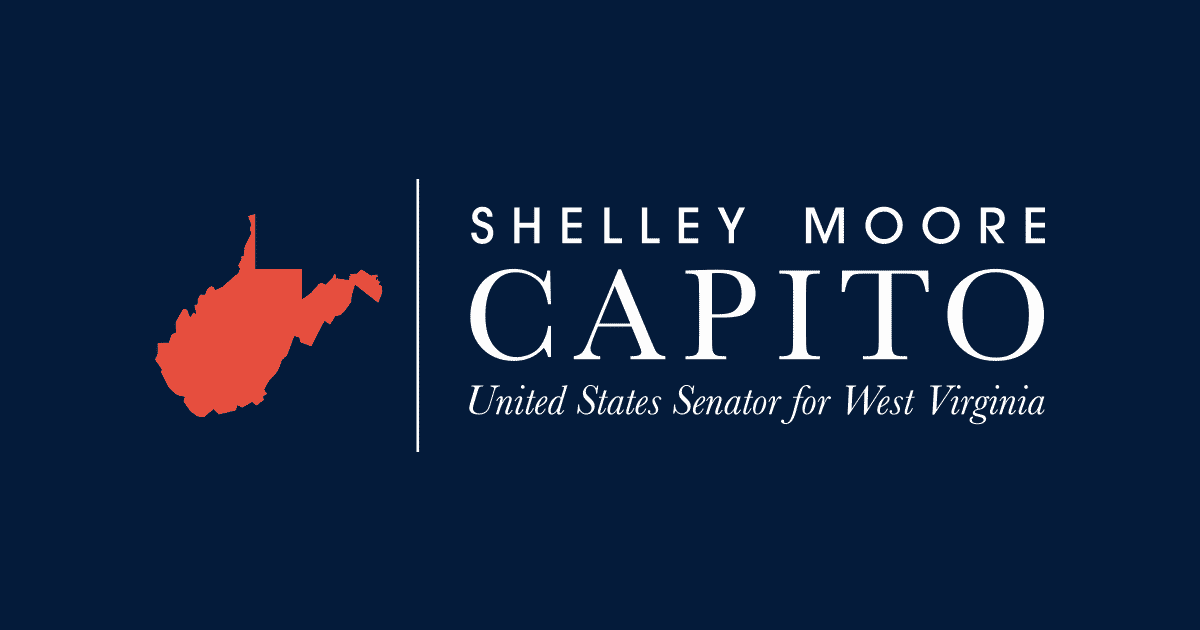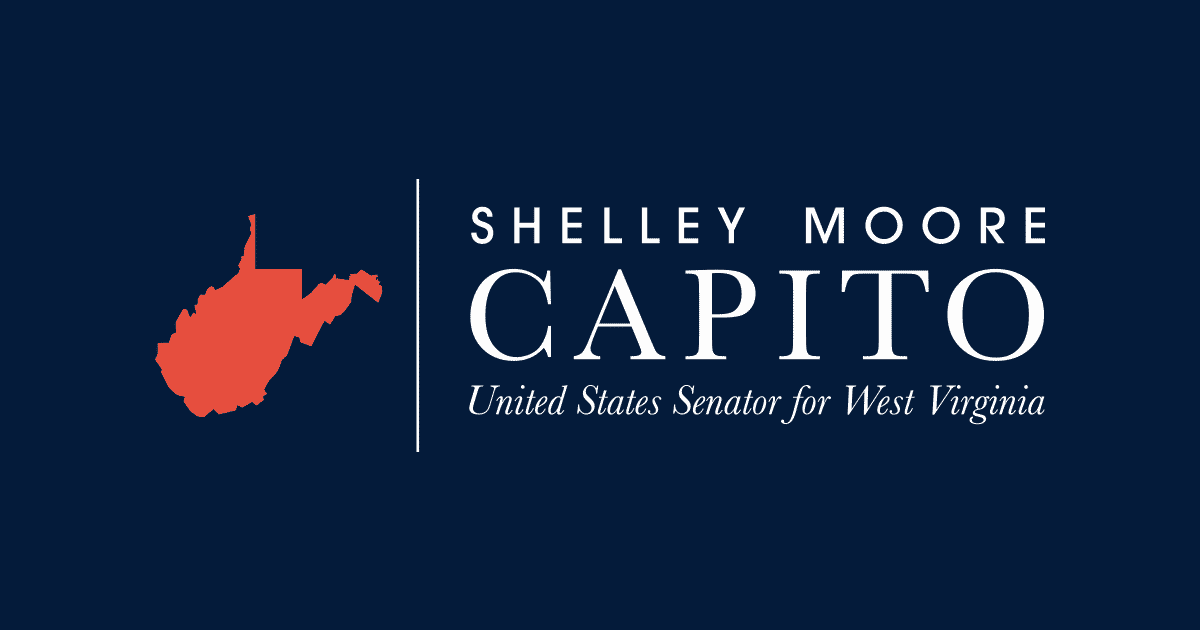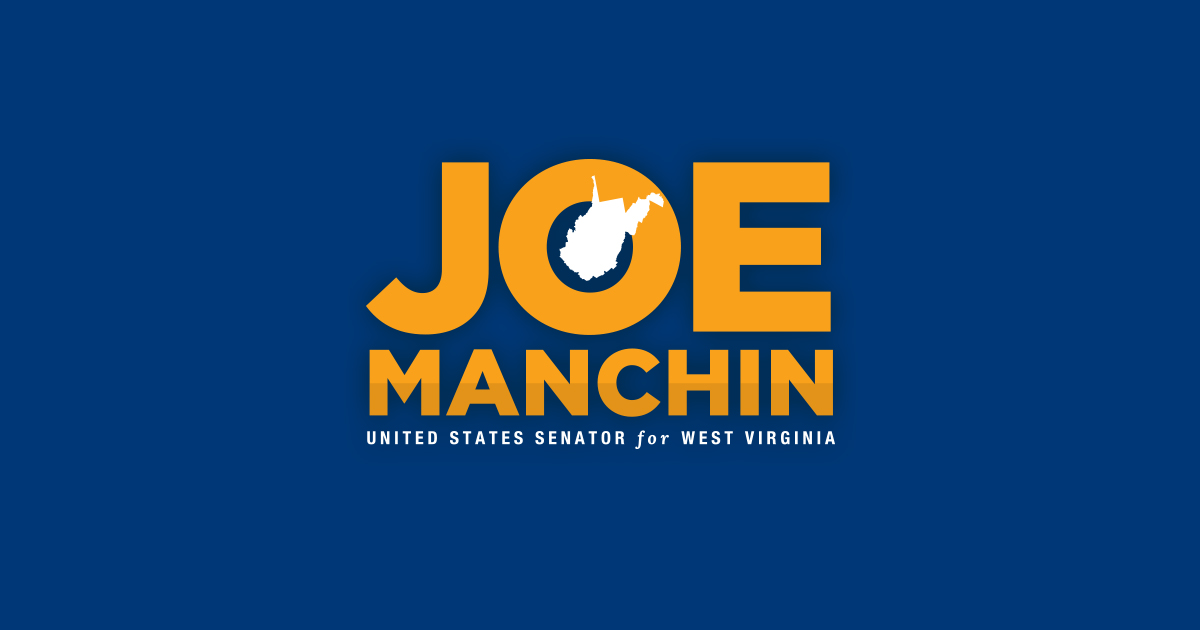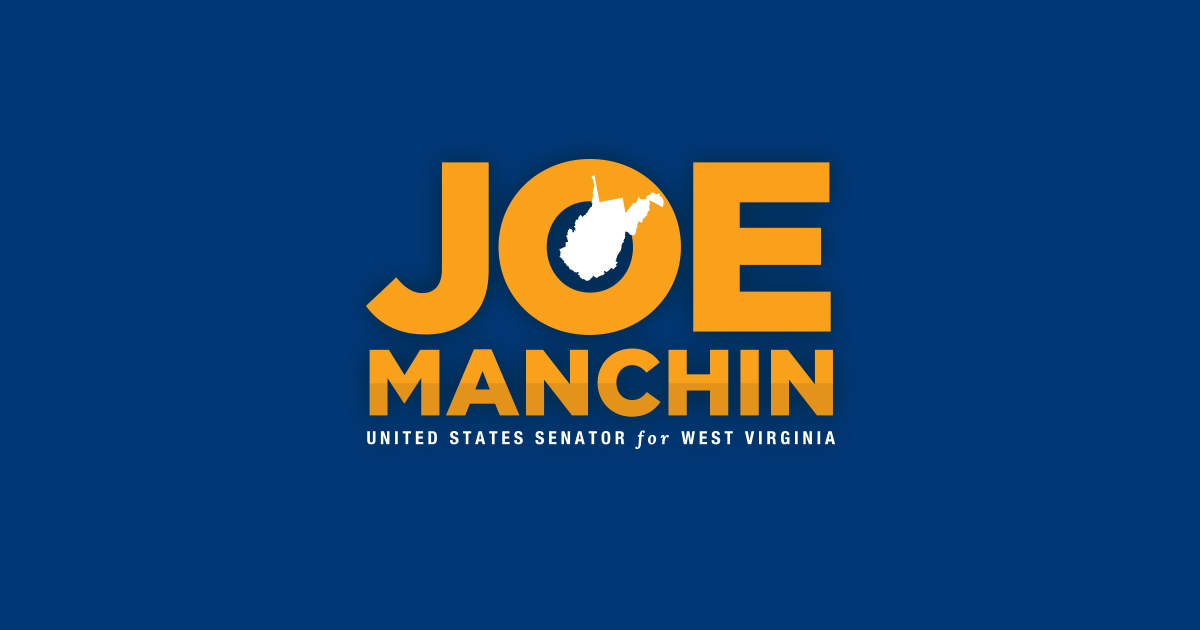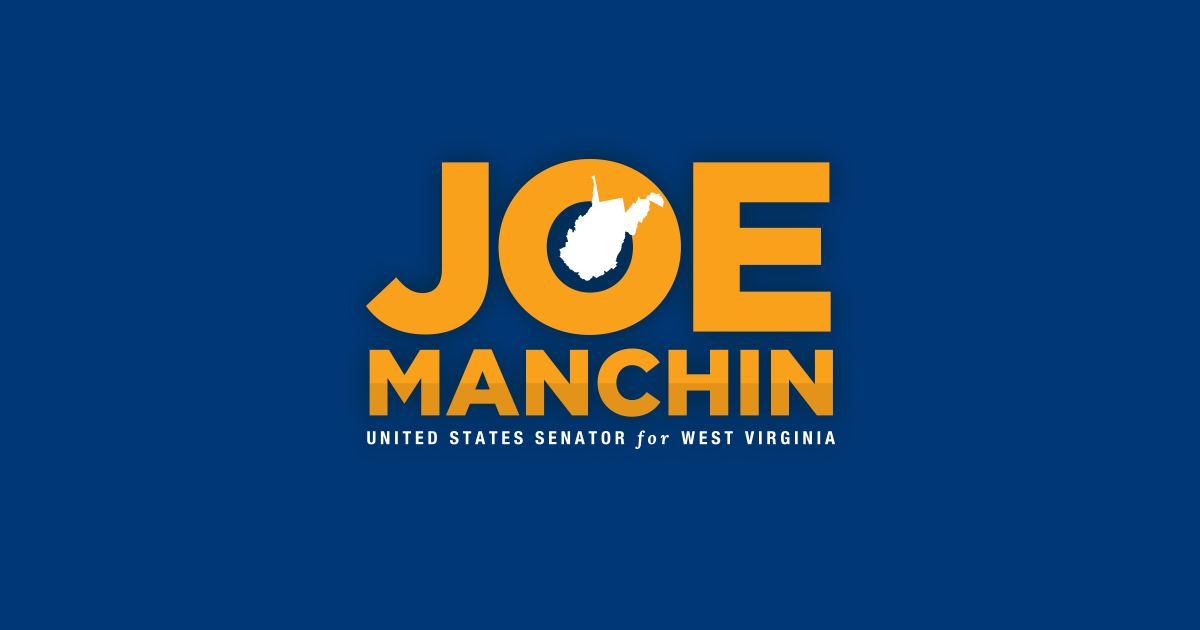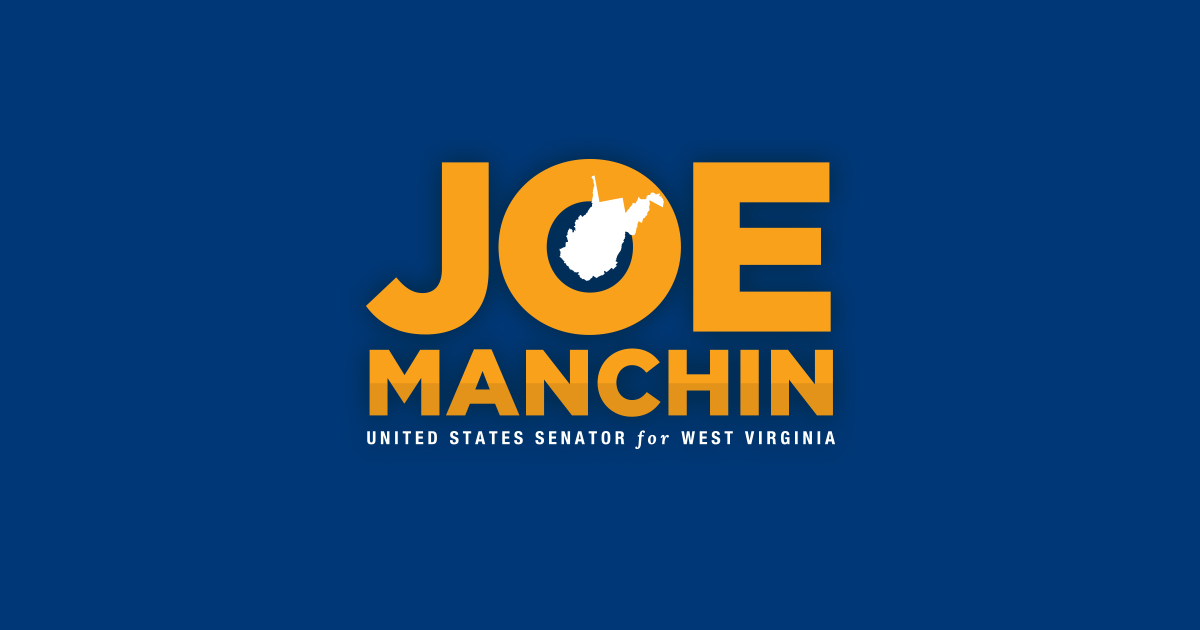Source: United States Senator for Commonwealth of Virginia Mark R Warner
WASHINGTON – Today, U.S. Sens. Mark R. Warner (D-VA) and Mike Braun (R-IN), along with U.S. Reps. Joe Neguse (D-CO-02), John Curtis (R-UT-03), and Joaquin Castro (D-TX-20), introduced legislation to remove an unnecessary bureaucratic obstacle that currently prevents students from receiving a degree or certification they have obtained enough credits to complete. The Reverse Transfer Efficiency Act of 2023 would facilitate the “reverse transferring” of college credits – the process of transferring credits from a four-year institution to a two-year institution in which a student was previously enrolled in order to identify whether they have earned enough credits to receive a degree.
Specifically, the Reverse Transfer Efficiency Act would amend the Family Educational Rights and Privacy Act to create a new exemption for sharing student education records between higher education institutions. The bill would allow a college or university to share a student’s academic records with another institution that the student previously attended under the condition that the information is sent with the goal of conferring a degree.
The legislation is co-sponsored in the Senate by U.S. Sens. Mazie Hirono (D-HI), John Hickenlooper (D-CO), and Elizabeth Warren (D-MA).
“We should be removing barriers to higher education, not building new ones. This commonsense legislation is a no-brainer, making sure that students are granted the degrees they have rightfully earned through their coursework – no matter where it was completed,” said Sen. Warner.
“Considering the crisis of student debt weighing on our next generations, we need to make it easier for students to seek cost-effective education choices. This bill will enable students to transfer credits from 4 year institutions to community colleges,” said Sen. Braun.
“Every student deserves the opportunity to receive a quality education and pursue their career aspirations. The Reverse Transfer Efficiency Act helps to ensure that students can receive credit and earn an associate’s degree or short-term certificate regardless of where they completed their coursework, breaking down barriers to better-paying jobs for students. This is a meaningful step for the future,” said Rep. Neguse.
“I am pleased to join in introducing the Reverse Transfer Efficiency Act. Utah is home to great schools with many students who begin their education at a community college and finish at a university,” said Rep. Curtis. “This bill will improve data sharing between higher education institutions by allowing a student to continue earning credits towards an Associate’s degree at community college, even after transferring to a university, boosting student earning potential and student retention.”
“Texas students shouldn’t have to jump through hoops to get the degrees they earned,” said Rep. Castro. “The Reverse Transfer Efficiency Act will help community college transfer students get better jobs and career opportunities as they work toward a bachelor’s degree. Critically, the bill will also help reduce the number of Texans who leave school with debt but no degree and send a powerful message that all education is valuable, even when life circumstances put a four-year degree out of reach.”
The National Student Clearinghouse, an educational nonprofit that verifies enrollment data, has identified over four million individuals that have completed enough credit hours at a four-year institution to be eligible for an associate’s degree, but instead withdrew without a degree or certificate. In the Commonwealth of Virginia alone, this is about 87,528 students.
The Reverse Transfer Efficiency Act has the support of numerous organizations, including the American Association of Collegiate Registrars and Admission Officers, Virginia Community College System, American Association of Community Colleges, Hispanic Association of Colleges and Universities, and the Institute for Higher Education Policy, among others. For a complete list, click here.
“This legislation is an important step that will enable institutions to increase learner attainment of a quality credential, which translates into better paying jobs, for millions of in individuals,” said Melanie Gottlieb, Executive Director of the American Association of Collegiate Registrars and Admission Officers (AACRAO). “The additional FERPA exception proposed represents a responsible means of sharing student information between a student’s 4-year and 2-year institutions in a way that both protects student privacy and supports the completion agenda.”
“Virginia’s community colleges prepare students for in-demand jobs that respond to the marketplace and employers,” said David Dore, Chancellor of the Virginia Community College System. “The Reverse Transfer Act is a welcome approach that will benefit students from every race, ethnicity, gender, and socioeconomic group. Communication will be facilitated, obstacles removed, and processes improved between community colleges and four-year institutions. I applaud Senator Warner and Senator Braun for their bipartisan approach in working across the aisle to advance this legislation that will increase affordability, accelerate degree completion, and lead students to upward mobility.”
Today, over 4 million students transfer from community colleges to universities but never earn a degree from either, leaving them without a credential critical to their economic futures. The Reverse Transfer Efficiency Act streamlines the transfer of university credits back to community colleges,” said Anne M. Kress, PhD, President of Northern Virginia Community College. “A common-sense approach, it counts all credits earned by students, enabling them to earn valuable associate degrees that can transform their lives and advance opportunity in their communities. Northern Virginia Community College is thankful to Senator Warner for this innovative legislation that will connect millions, including over 87,000 Virginians, to college degrees and the pathway to prosperity.
“Blue Ridge Community College (BRCC) enthusiastically endorses the ‘Reverse Transfer Efficiency Act.’ This act will allow students to easily earn degrees and other credentials at community colleges by transferring credits earned at four-year institutions. Earning additional credentials makes individuals more competitive in the modern workforce,” said Dr. John A. Downey, President of Blue Ridge Community College. “Many students transfer to four-year institutions without completing their associate degrees or certificates. Offering a reverse transfer option allows us to recognize credits earned that did not initially lead to a degree, and encourage those students to become graduates of their community college. Completion will show employers that these students are lifelong learners who continue to improve their education. BRCC encourages all parties to support this important piece of legislation to improve our workforce.”
“Workforce shortages surround us, and Virginia Western Community College seeks to be a bridge between employers and our students. We encourage passage of the bipartisan Reverse Transfer Efficiency Act, which will help colleges make the process of credential attainment more accessible. By clearing a path for students to receive a college degree through reverse transfer, more people will gain the credentials required to improve their economic opportunities and simultaneously help fill their community’s workforce needs,” said Dr. Robert Sandel, President of Virginia Western Community College.
“At Germanna Community College, we believe that a skilled workforce is the cornerstone of our current and future economy,” said Dr. Shashuna Gray, Acting President, Germanna Community College. “We support the Reverse Transfer Efficiency Act to ensure that students have opportunities to earn meaningful and recognized credentials that can lead to high-demand jobs or career advancement. Additionally, we know that degree attainment is good for our communities. Students with associate’s degrees are more likely to complete bachelor’s degrees. This benefits all of us.”
“Today approximately 40 million people nationwide have earned some college credits, but no degree or credential. That’s a missed opportunity for these students to boost their earnings and secure economic mobility, as well as a missed opportunity for our communities who stand to benefit from a more educated workforce and citizenry,” said Institute for Higher Education Policy President and CEO Mamie Voight. “IHEP research shows how strong partnerships between two-year and four-year colleges can begin their studies at one institution, then go on to earn a degree or credential at another. Innovative solutions like the Reverse Transfer Efficiency Act would facilitate the scaling of reverse credit transfer between institutions and help more colleges identify degree-eligible students so they can get the credentials they have earned.”
A copy of the bill text is available here.
